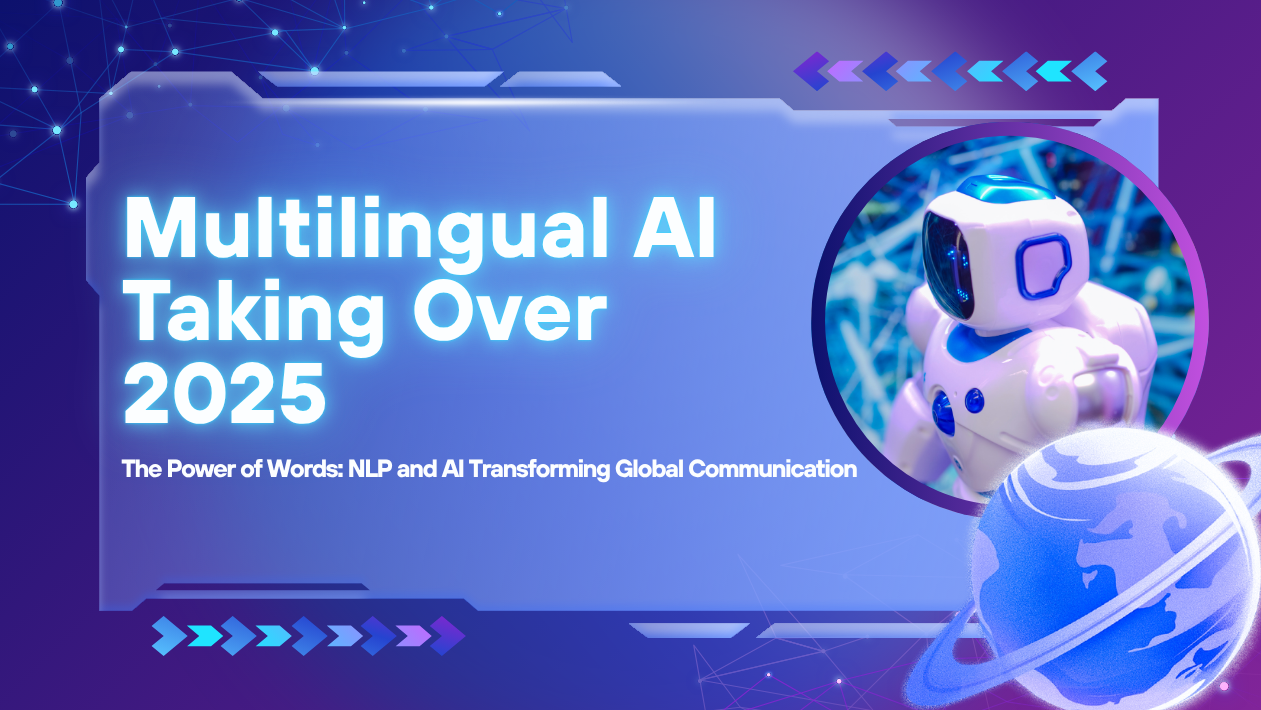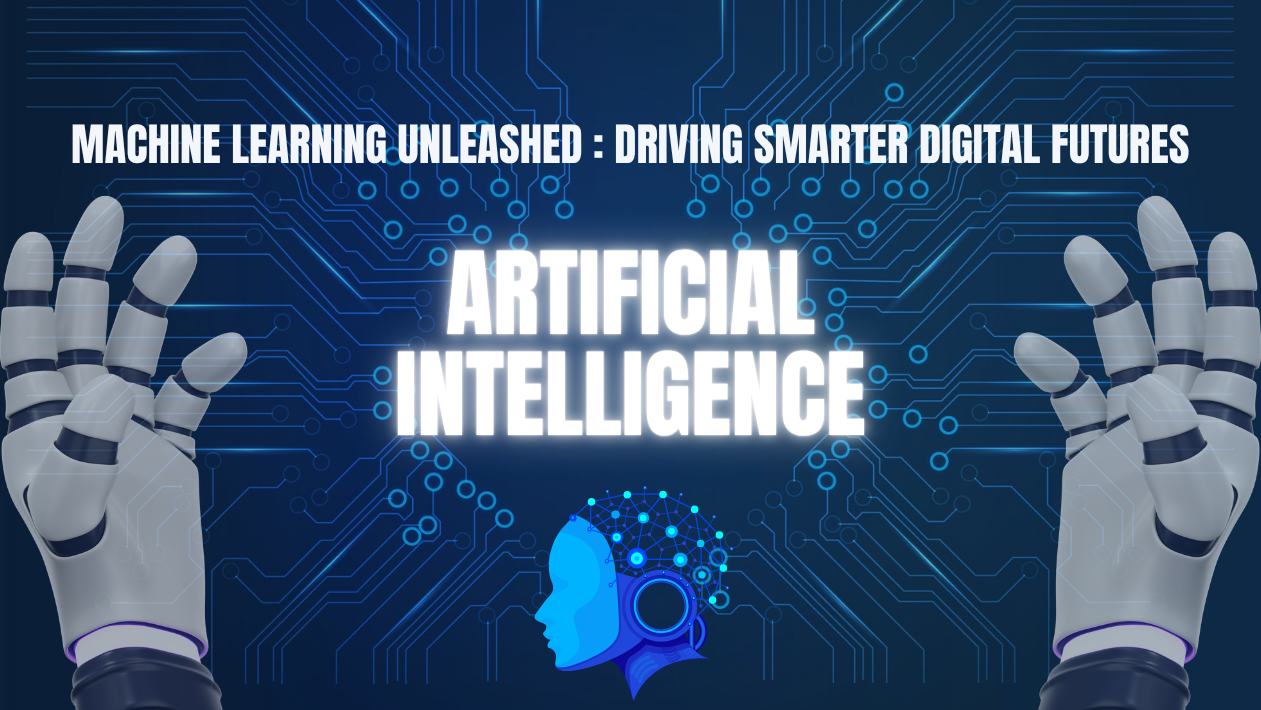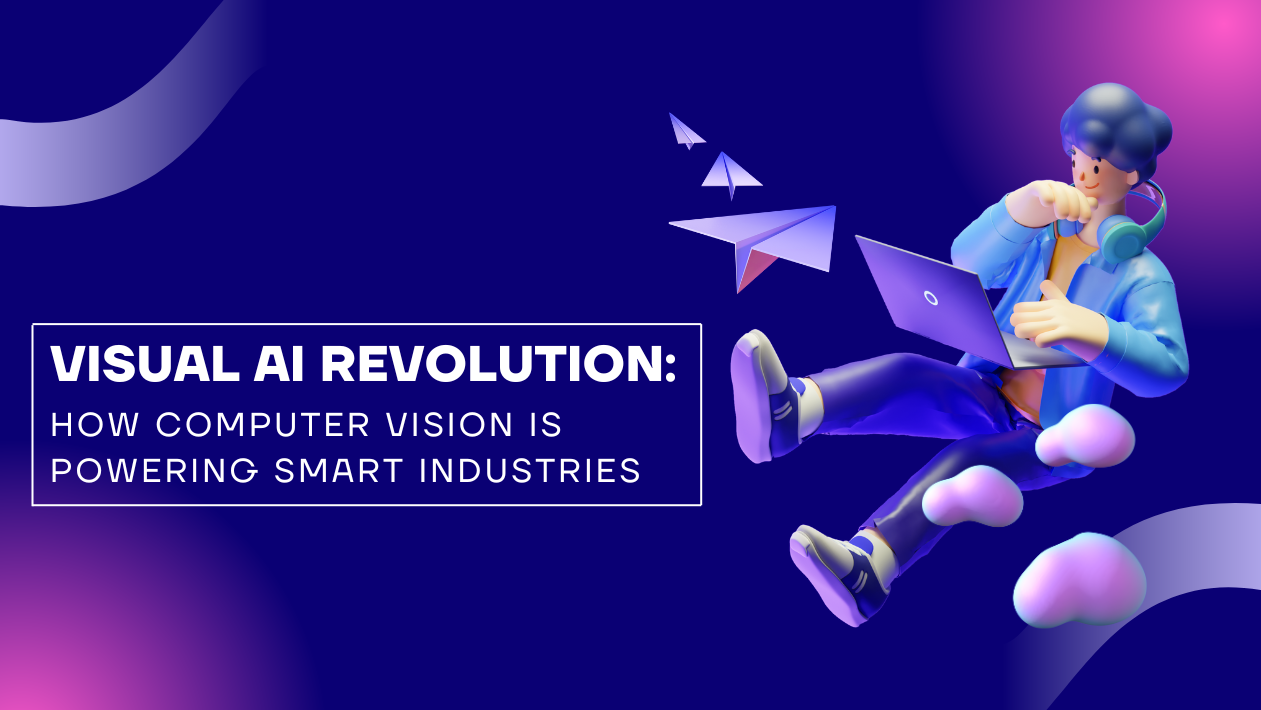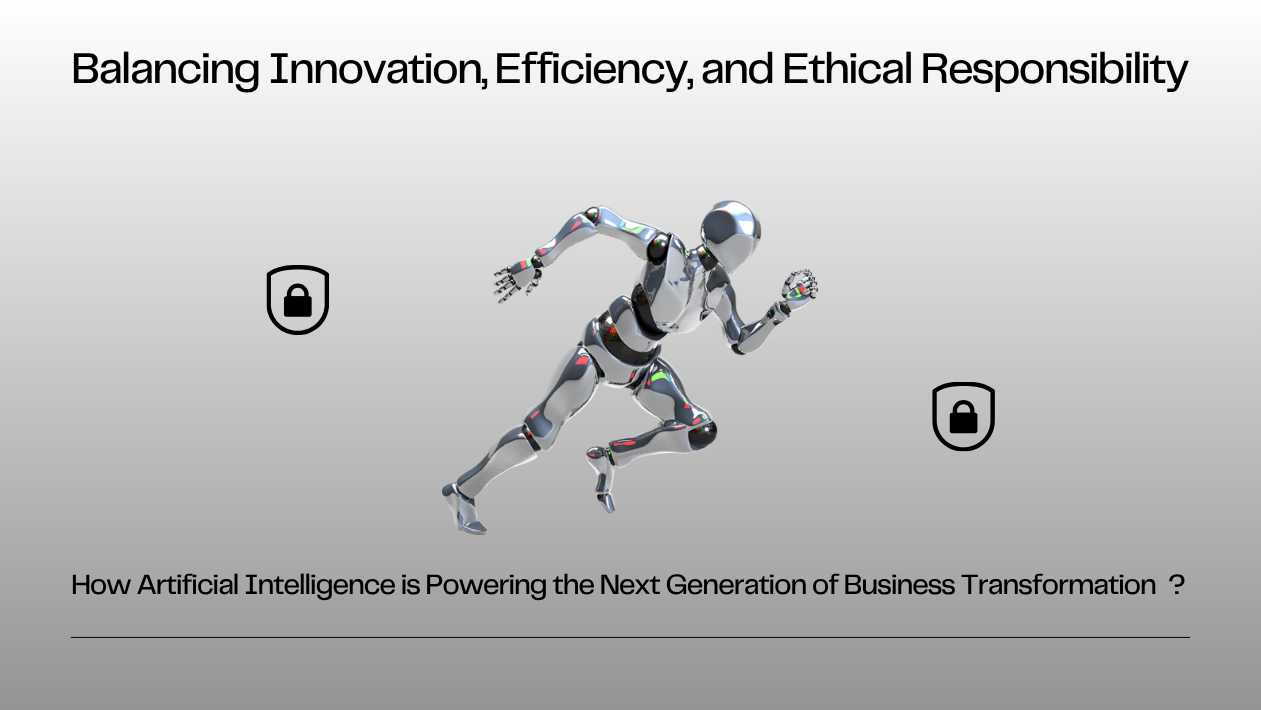Artificial Intelligence is now woven into every sector—from finance and healthcare to transportation and education—making AI ethics a central priority for governments, businesses, and researchers worldwide. In 2025, the conversation has shifted from whether AI needs oversight to how transparent, accountable, and equitable systems can be built and maintained.
Worldwide Push for Regulation and Standards
- EU AI Act in Action: The European Union’s groundbreaking AI Act officially came into force this summer, setting global benchmarks for safety, risk assessment, and transparency.
- U.S. AI Accountability Bill: The United States is rolling out a national framework requiring companies to disclose data sources, model limitations, and bias-mitigation methods.
- Asia-Pacific Initiatives: Nations like Japan, India, and Singapore are collaborating on cross-border AI safety standards to encourage innovation without sacrificing ethics.
These moves are creating a more consistent global regulatory environment, giving businesses clearer guidelines while boosting public trust.
Corporate Commitment to Responsible AI
Leading tech companies—including Microsoft, OpenAI, Google DeepMind, and Anthropic—have expanded their Responsible AI teams, publishing detailed reports on how they address fairness, data privacy, and explainability.
Open-source tools like Fairlearn, AI Fairness 360, and Model Cards are becoming industry norms, helping developers audit and monitor AI systems for bias.
Key Ethical Challenges in 2025
- Bias and Fairness: Despite progress, research from MIT shows more than half of commercial AI systems still display measurable bias, highlighting the need for continual oversight.
- Transparency: Explainable AI (XAI) is a top priority, especially in healthcare, finance, and hiring—where automated decisions can profoundly affect lives.
- Privacy & Consent: With generative AI capable of producing realistic content from personal data, privacy safeguards and user consent mechanisms are under intense scrutiny.
Public Awareness and Consumer Trust
Public understanding of AI has grown dramatically. Users now expect clear “AI-generated” labels, the ability to opt out of automated decisions, and easily accessible appeal processes for AI-driven outcomes. Companies that fail to provide these safeguards risk reputational damage and regulatory penalties.
Looking Ahead: From Compliance to Culture
Ethical AI is no longer just a compliance checkbox—it’s becoming a core business value. Experts predict that by 2030, organizations will measure success not only by profits but also by their ability to maintain equitable and accountable AI ecosystems.
As AI capabilities accelerate, the world’s collective challenge is ensuring these powerful systems remain aligned with human values, transparent in function, and beneficial to all of society.





